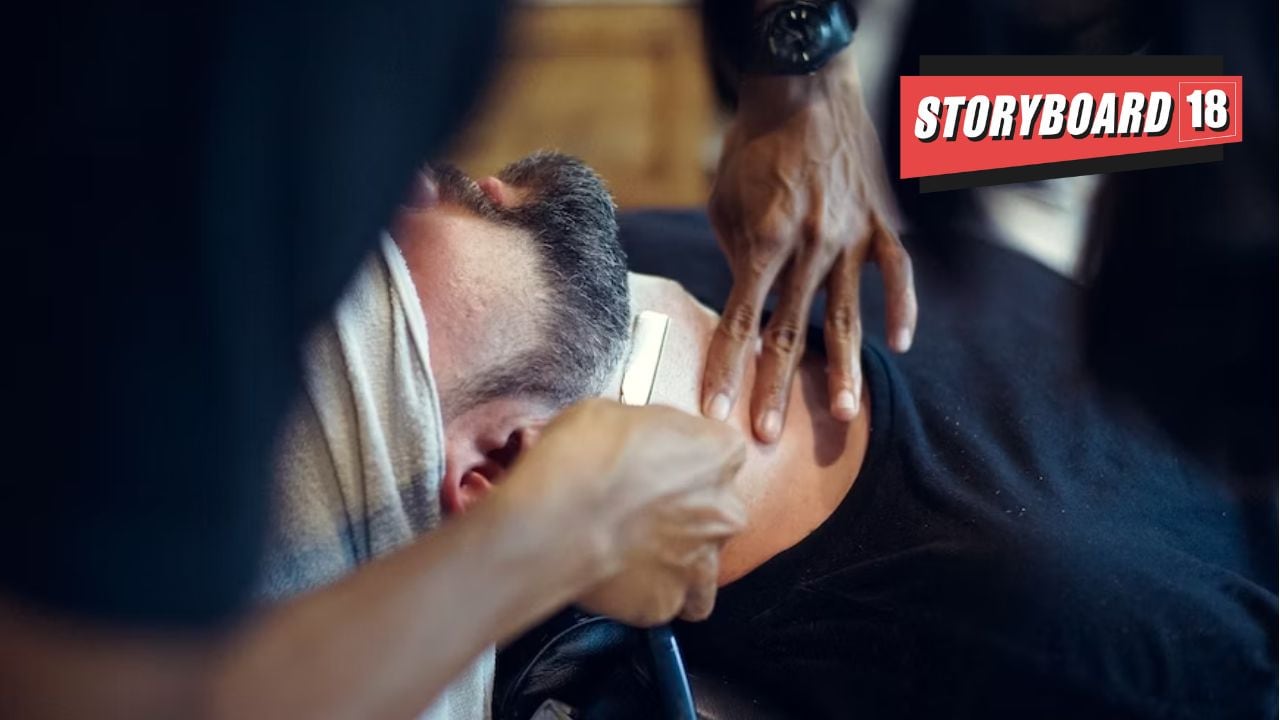Ustraa, a men’s grooming startup, was acquired by Carlyle-owned wellness and beauty company VLCC at a roughly 40 percent discount from its previous valuation, but co-founder Rahul Anand is unfazed by this. Speaking to Moneycontrol after the acquisition, Anand claims there is potential to earn 6X more in the next 3-4 years.
While Anand did not comment on the specifics of the deal, sources told Moneycontrol that VLCC bought Ustraa for about Rs 250 crore, after the company commanded a valuation of Rs 400 crore during its last fundraise in August 2022. Since Anand and Rajat Tuli, co-founders of Happily Unmarried, the company that runs Ustraa, are now shareholders in VLCC, they are eyeing a handsome exit when VLCC goes public in about three years, thereby translating to a larger payout.
“With a regular strategic deal, we would get only an upfront payout and give up control of the company. But Carlyle has plans to merge us with VLCC and then go for an IPO exit 2-3 years down the line, which means there is potential for us to earn about five or six times more as VLCC’s valuation grows,” Anand said.
In fact, VLCC had filed its Draft Red Herring Prospectus (DRHP) in August 2021, but the plans were shelved after Carlyle, the private equity (PE) giant, acquired a controlling stake in the New Delhi-based beauty and wellness chain. The PE firm bought VLCC for around $250-$300 million, as per reports, and was likely to revive VLCC’s IPO goals in the coming years.
Why VLCC?
VLCC’s potential IPO is believed to be the key reason behind Ustraa choosing the lowball offer for now, despite it translating to a revenue multiple of just 2.5x — pertinent in an industry where large companies command anywhere between 4-6x.
Further, Ustraa’s Rs 250 crore deal with VLCC also took some by surprise because The Good Glamm Group had put around Rs 490 crore on the table to acquire Ustraa around April last year, sources told Moneycontrol. The deal did not materialise because of internal reasons, they added.
Before VLCC’s deal around December last year, PE giant KKR & Co had also initiated talks to buy Ustraa. The men’s grooming company had also garnered interest from the likes of Hindustan Unilever (HUL), but the conversation did not advance beyond a point, Moneycontrol has learnt.
When asked why he didn’t opt to sell Ustraa to an FMCG company, just as his competitor Beardo was sold to Marico in 2020, Anand said, “Most traditional FMCG majors have actually forgotten the art of creating a new brand in today’s day and age. I don’t even remember when Unilever came and launched a new brand and made a big success out of it. It’s a very similar story with other brands as well. There are of course instances, but they are very few.”
Timing the exit
There are three reasons why brands are sold, says Anand. One, when the offer on the table is compelling, next, the founders are tired of running the show, or lastly, the going gets tough and the business needs additional capital and support to scale.
“Our decision was primarily based on the first reason, and partly on the last one. In the third option, we were also getting money to scale Ustraa. Our offline presence, in particular, will now expand by 10X just because of VLCC coming in,” Anand said.
Over the past 6-8 months, more and more online-only companies have been chalking out omnichannel plans as customers return to physical shopping.’
Aiming for profitability
Ustraa competes with the likes of The Man Company, and Beardo, a D2C startup that Parachute oil maker Marico fully acquired in 2020. In terms of revenue, Ustraa is the smallest player, with a topline of around Rs 66 crore and a loss of around Rs 28 crore in FY22, the latest available data showed. The Man Company is the next biggest company in the space with revenue of Rs 74 crore and a loss of Rs 31 crore. Beardo was the largest among the three with a topline of Rs 95 crore and a profit of about Rs 75 lakh during the same period.
Anand is confident Ustraa will turn profitable in the current financial year, after scaling to reach revenue of around Rs 100 crore in FY23 but remaining in the red.
At the same time, Anand and Tuli — along with their existing team of around 140 people — are sure that VLCC will benefit from the acquisition. In a company statement, Vikas Gupta, Group CEO of VLCC, and former CEO of Nykaa SuperStore, had said after the merger that VLCC will make further investments to “accelerate the growth of Ustraa”. That could be upwards of $50-60 million, Anand said.
“As entrepreneurs, we can help VLCC with the technology side. It also does not have an online presence, which we will create. So, with our digital footprint, VLCC can scale up,” he concluded.
